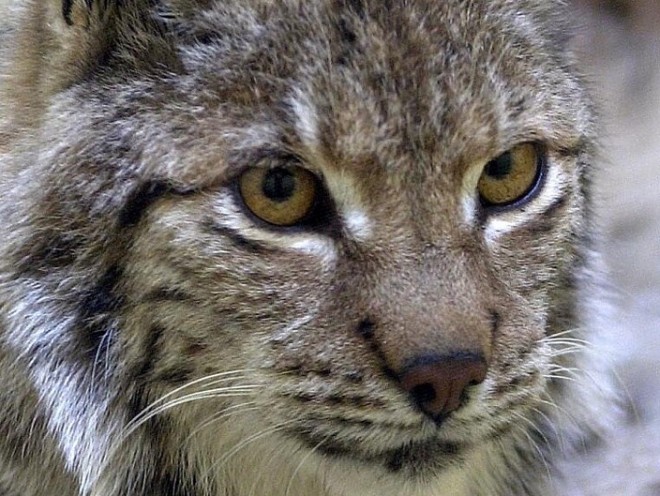by Gemma Mackenzie

Plans to reintroduce animals such as bears, wolves and lynx to the Scottish countryside have come under fire by farm leaders. NFU Scotland has warned that “reckless introductions” of these
large-scale predators are a threat to farming, crofting and existing
ecology, while the Scottish Crofting Federation has said the arguments
for reintroducing these animals are blinkered.
NFU Scotland vice-president Andrew McCornick said: “Recent history has taught us that any species introduction – whether legal or illegal – can have an impact on the many benefits that the Scottish countryside currently delivers. “There are now farmers and crofters in some of Scotland’s more remote areas losing lambs on a regular basis to sea eagles. With a ministerial decision on beavers pending, there are farmers on Tayside producing food on some of Scotland’s most productive land but seeing their efforts literally undermined by beaver damage to long-established drainage systems and waterways.”
He called on government and Scottish Natural Heritage – the body responsible for granting licences for species introductions – to give a clear steer to farms, crofters and land managers on where their thoughts lie on the possibility of wolves, bears and lynx being released into the wild. “Farmers are justifiably concerned at what the introduction of predators could mean for their livestock, particularly the many thousands of sheep kept on Scotland’s hills and uplands,” added Mr McCornick.
Scottish Crofting Federation chairwoman Fiona Mandeville warned against the reintroduction of lynx. “They say it is a shy animal that will stay away from livestock. Are they sure?” she said. “They said that about sea eagles too but have been proven wrong. When there was consternation from farmers in the south-east at the suggestion that lynx could be seen again in their vicinity, a spokesman for the group behind the reintroduction lobby said words to the effect of ‘it’s OK, if not in the south-east then there are plenty of wild hills in the north-west where they can be released’.”
She said reintroduction of these animals could force crofters out of the Highlands and islands. “Imposing predators on them (crofters) will have dire consequences for the wider landscape, biodiversity, maintaining rural population and for food security,” added Ms Mandeville.
source
NFU Scotland vice-president Andrew McCornick said: “Recent history has taught us that any species introduction – whether legal or illegal – can have an impact on the many benefits that the Scottish countryside currently delivers. “There are now farmers and crofters in some of Scotland’s more remote areas losing lambs on a regular basis to sea eagles. With a ministerial decision on beavers pending, there are farmers on Tayside producing food on some of Scotland’s most productive land but seeing their efforts literally undermined by beaver damage to long-established drainage systems and waterways.”
He called on government and Scottish Natural Heritage – the body responsible for granting licences for species introductions – to give a clear steer to farms, crofters and land managers on where their thoughts lie on the possibility of wolves, bears and lynx being released into the wild. “Farmers are justifiably concerned at what the introduction of predators could mean for their livestock, particularly the many thousands of sheep kept on Scotland’s hills and uplands,” added Mr McCornick.
Scottish Crofting Federation chairwoman Fiona Mandeville warned against the reintroduction of lynx. “They say it is a shy animal that will stay away from livestock. Are they sure?” she said. “They said that about sea eagles too but have been proven wrong. When there was consternation from farmers in the south-east at the suggestion that lynx could be seen again in their vicinity, a spokesman for the group behind the reintroduction lobby said words to the effect of ‘it’s OK, if not in the south-east then there are plenty of wild hills in the north-west where they can be released’.”
She said reintroduction of these animals could force crofters out of the Highlands and islands. “Imposing predators on them (crofters) will have dire consequences for the wider landscape, biodiversity, maintaining rural population and for food security,” added Ms Mandeville.
source
No comments:
Post a Comment